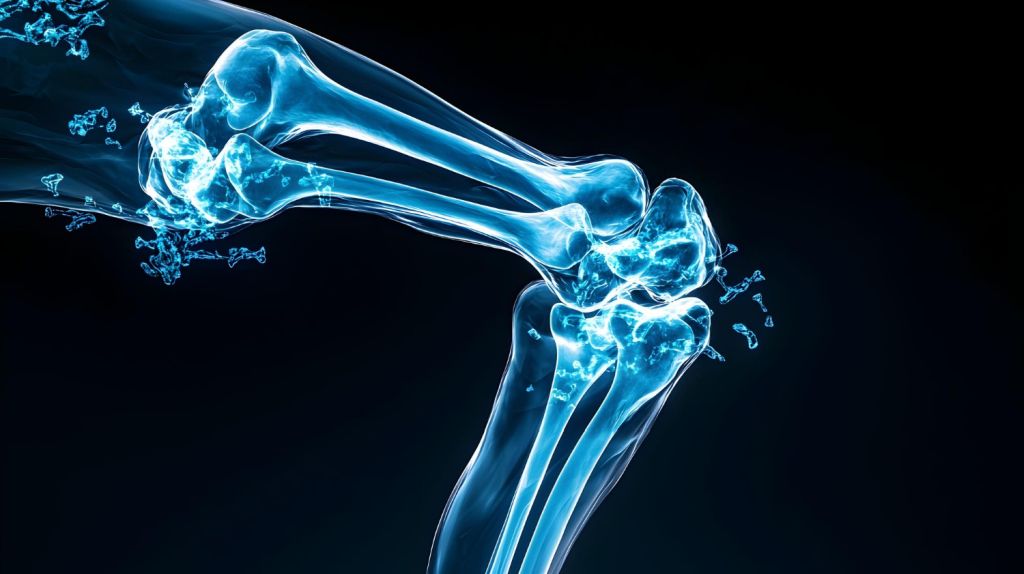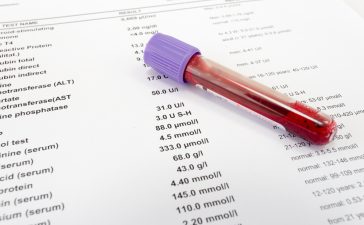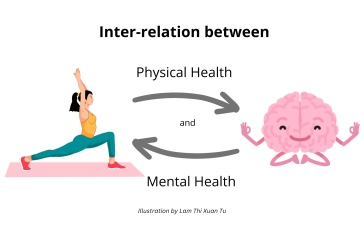Bones play many important roles in body – providing structure, protecting organs, storing calcium and so on. It’s important that you build a strong body and healthy bones during childhood and adolescence, but you can still do that in adulthood in a ways we’ll be discussing.
Why is bone health so important ?
First of all, having strong bones allows us to walk and move. They are also crucial in protecting your heart, lungs and brain from injury. Bones contain the most crucial vitamins we need to live on. Having weak bones will cause them to break, experiencing huge pain. Eventually you will lose your ability to stand or walk.
So how likely are you to develop osteoporosis(a condition that causes bones to become weak) will hugely depend on how much bone mass you maintained during your 20s. Because the more bone mass you maintained during those years, the less likely you are to develop osteoporosis
What Affects Bone Health ?
Before we get into the ways you can keep your bones healthy and strong, let’s talk about the most common factors that affect your bone health. For example:
The amount of calcium in your diet. Having a diet that is low in calcium will lead to diminished bone density, early bone loss and an increased risk of fractures.
Physical Activity. Those who are physically inactive have a higher risk of osteoporosis, unlike those who are physically active.

Tobacco and Alcohol use. Studies show that tobacco usage will lead to weak bones, just like drinking one alcohol drink or even more regularly will cause weak bones
Size. Those who are on the skinnier side are more likely to have osteoporosis
Age. Obviously as you get older, your bones will weaker
Sex. If you’re a woman, you are more likely to develop osteoporosis.Due to having less bone mass
Race and Family History. You’re more likely to develop osteoporosis if you’re white or asian descent. But more importantly, if you have a parent or sibling who has osteoporosis, there’s a high chance you will also develop it.
Eating Disorders and Other Conditions. As we discussed, being underweight will cause you to have weaker bones, but also being too restrictive in your diet will also eventually lead to weakened bones.
What Are The Ways To Keep Your Bones Healthy?
Here are few steps that will prevent or slow down bone loss:
- Include plenty of calcium in your diet. This has to be the most important thing. Recommended daily dosage of calcium for men is about 1,000 milligrams a day, while for the women it’s about 1,200 milligrams a day. The easiest way to include that much calcium is with a supplement called Peptides that you can find at peptideshop.com, but you can also consume calcium through diet. So what food should you eat, which contains huge amounts of calcium ? You should include dairy products, almonds, broccoli, kale, canned salmon with bones, and soy products like tofu.
- Pay Attention To Vitamin D. Your body needs Vitamin D to absorb Calcium. The recommended daily dose for Vitamin D is 600 International Units (UI) But the recommended dose increases with age. You can find plenty of Vitamin D in foods such as: oily fish like salmon, trout, whitefish and tuna. Also mushrooms, eggs, and fortified foods like milk and cereals are also rich in Vitamin D. Finally, make sure to have enough sunlight throughout the day. If you’re having a problem with consuming enough Vitamin D daily, then ask your doctors about supplements.
- Be Physically Active. Exercises like walking, jogging, and climbing stairs can help you build strong bones and slow down bone loss.
- Quit Smoking and Drinking Alcohol. Avoid smoking and drinking alcohol as much as you can in your 20s. Quitting those bad habits will not only help you maintain strong bones, but also to avoid developing oral, larynx, throat, oesophagus and pancreatic cancer.
- Eat More Protein. Protein is vital for bone structure, as bones are made of protein. Eating a high protein diet can support bone density and repair. Foods that are rich in protein are as follows: lean meat, eggs, nuts, legumes and so on.
Ask Your Doctor For Help
If you’re worried about your bone health, you should consult with your doctor. Together you can evaluate your risks. Depending on your age, weight, height, family history, he can recommend a bone density test. Your doctor will also recommend some medications to help you build strong bones. Be prepared for a lot of questions.






